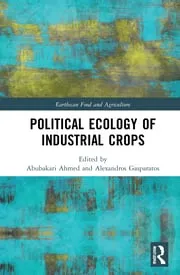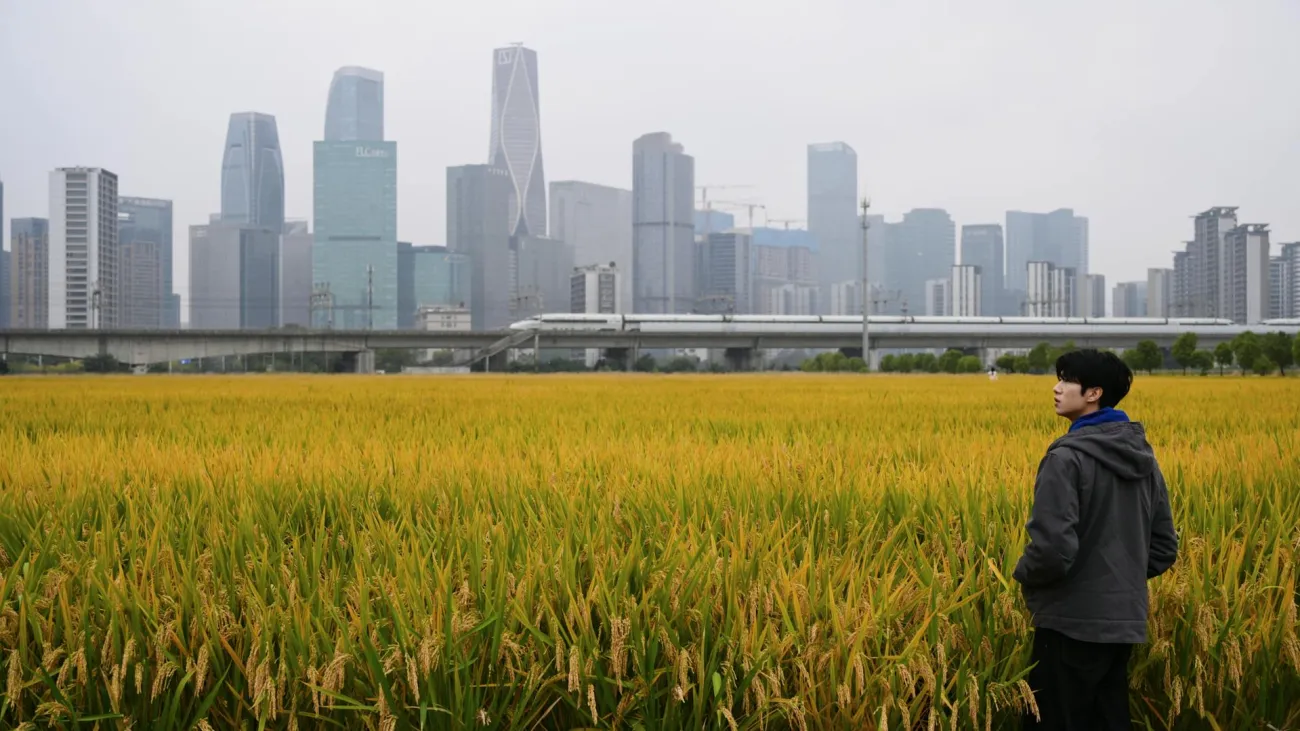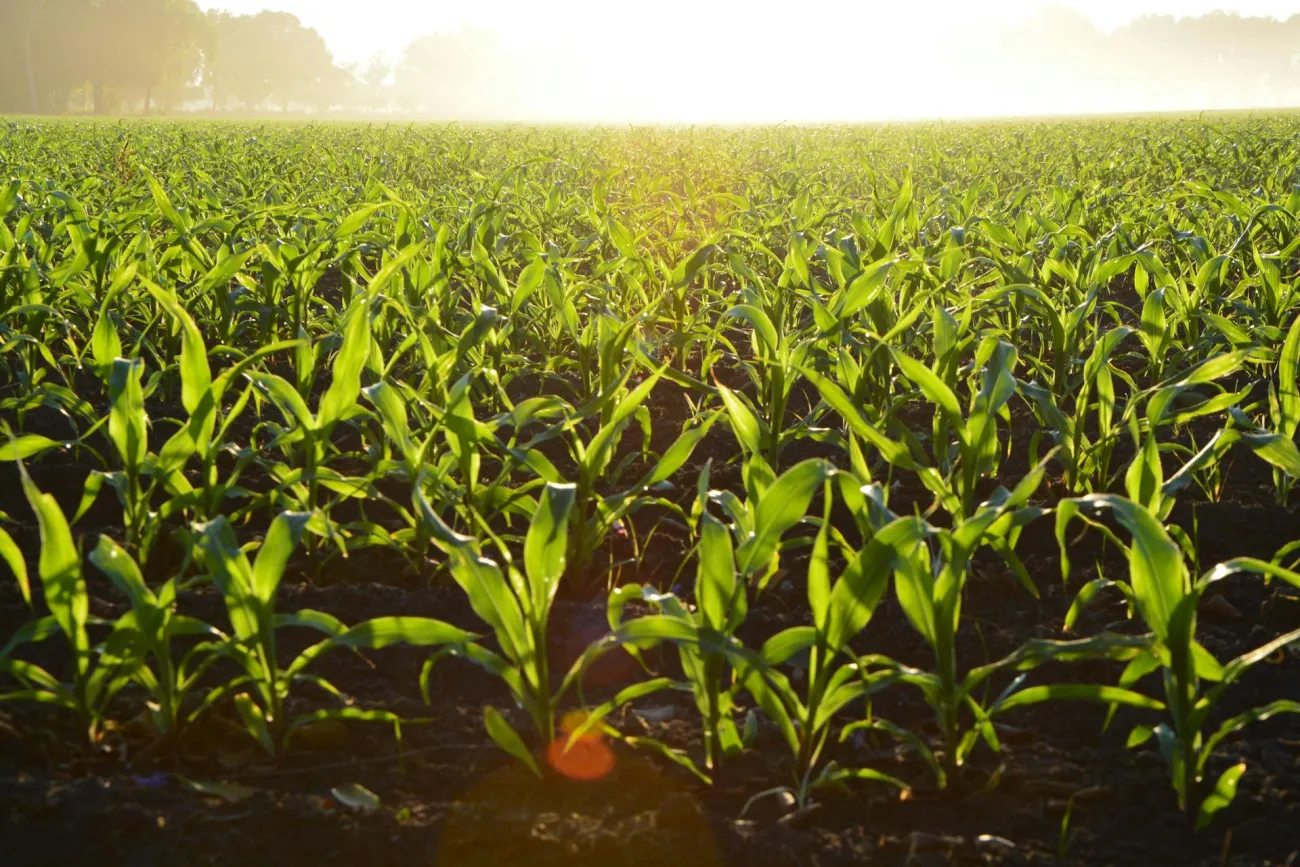This book examines the ecological, social, economic and institutional impacts of industrial crops such as soybeans, cotton, maize and jatropha, using case studies from around the world.

Publisher’s summary
This book employs a political ecology lens to unravel how industrial crops catalyse ecological, agrarian, socioeconomic, and institutional transformation.
Using the conceptual tools and perspectives of political ecology, namely multi-scalar analysis and attention to marginalisation, social difference, and discourses and narratives, this volume provides a critical and comprehensive assessment of the transformative power of industrial cropping systems. It presents a truly international overview by drawing on a range of case studies from the global South, including soybeans in South America, cashew nuts in Guinea Bissau, cotton in India, maize in China, jatropha in Ghana, sugarcane in Peru and Eswatini, and oil palm in Ghana and Peru. The unique case studies are put into perspective with chapters introducing the key concepts of political ecology and critical dimensions of industrial cropping systems related to large-scale land acquisitions, land grabbing, and marginal land. The individual chapters employ different approaches all rooted in political ecology, thus offering a rich overview of how the field engages with such cropping systems. Overall, this volume contains valuable propositions for improving current policies and practices in industrial crop settings in both developed and developing countries.
Through its comprehensive and interdisciplinary outlook, this volume will be of great interest to students and scholars of political ecology, agrarian studies, development studies, and ecological economics.
Reference
Ahmed, A. and Gasparatos, A. (eds.)(2021). Political Ecology of Industrial Crops. Routledge, Abingdon.
Read more here. See also the TABLE explainer What are food systems?




Comments (0)